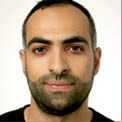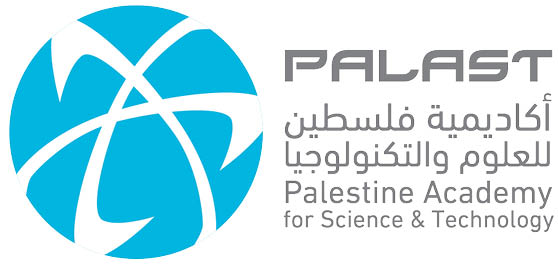A Kuwaiti friend of mine told me a few years ago that when she was a kid, her mother used to tell her that the Palestinians are so smart at school because they eat much zaatar (Palestinian thyme). Therefore, she recounted with a smile, she used to exchange her cheese sandwiches for zaatar sandwiches so that she would become smart and achieve her goal of becoming a professor. Funnily, today she is a professor.
Many friends and colleagues in Europe and the Middle East, in places where there are Palestinians, have asked me, “Why are Palestinians so smart and well-educated?” The answer is always, “Hardship must be faced with and countered by education. Because we were uprooted from our homes and to make a decent living, we must prove ourselves as educated people.”
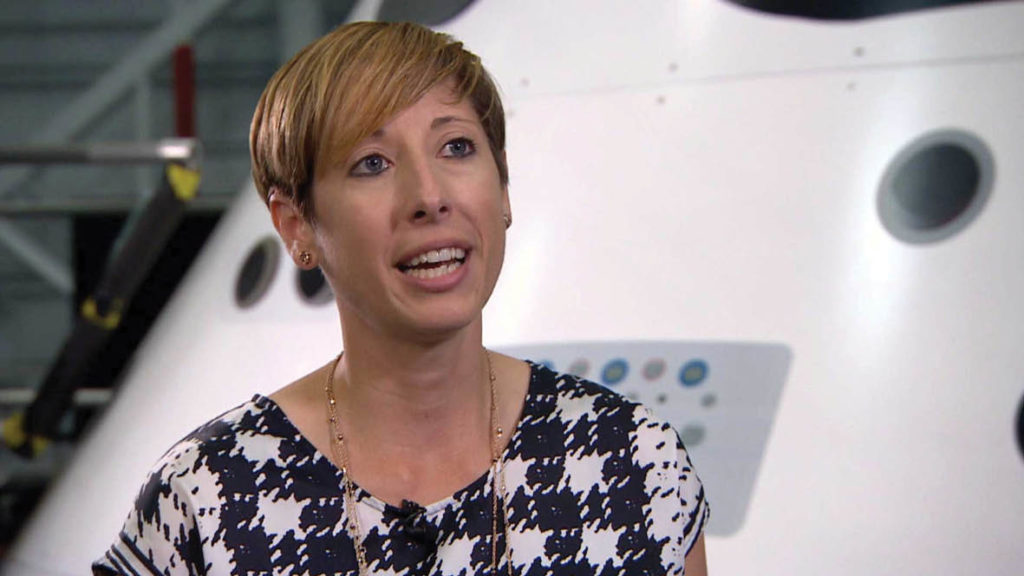
Although there are no accurate numbers of Palestinians worldwide, it is estimated that around 50 percent of Palestinians live in forced exile in the diaspora. Around 5 million live in the Gaza Strip and the West Bank, 1.53 million live inside historical Palestine (most of them now Israeli citizens), and around 6 million live in the Arab world. Only a little more than 700,000 live in the rest of the world.*1 Many of the first-generation Palestinian refugees in Western Europe have lost contact with Palestine as a result of multilayered rounds of forced migration, starting with the Nakba in 1948 and followed by the Naksa in 1967, the 1990-91 Gulf War, the 2003-11 Iraq War, the siege of Gaza that has been in place since 2007, and the Syrian civil war that has been ongoing since 2011. The new generation and the second and third generations of refugees and migrants, however, have begun to recognize their identities, proclaiming them strongly and proudly, even though they are well-integrated in their second homes and societies in North America and Europe.*2
How many Palestinian scientists are there around the world? How have Palestinian scientists contributed and still contribute to international science and its advancement? Furthermore, what kind of efforts are needed to bring those scientists together, making them an influential part of Palestinian society both in Palestine and abroad?
Education, exile, and “ghourba” (longing, especially for home) are always connected, as the family expects those who leave to return with a higher education or an advanced degree. It is a matter of honor to educate one’s sons and daughters who then either return to Palestine or (as in many, if not most cases) establish their lives abroad yet maintain their connections with the country of their origin. In recent years, we have seen many influential scientists of Palestinian heritage, some young, others more senior, being praised for their contributions to science. Many of them hold important positions. For instance, the post of chief of NASA’s Exploration Mission Planning Office is held by the Palestinian scientist Nujoud Merancy; Munir Nayfeh is one of the most prominent professors in cross-cutting physics in the United States;*4 and Majid Kazmi, Abdulrahman Saleh Khamis, Basheer Nafi, Rashid Kahlidi, and others are leaving great legacies as Palestinian scientists. Other great Palestinian thinkers included Edward Said and Ibrahim Abu Lughod.

These scientists have played fundamental and crucial roles in fostering social and political change in their host countries and communities, at universities and institutions, providing great examples of how Palestinians have been important contributors to science despite being refugees, stateless, and vulnerable both as communities and individuals. In the last two decades, the second and third generations of Palestinian refugees of 1948 have become phenomenally influential and active in their fields. They have established themselves as prominent young scientists who can participate in the setting of the global science agenda for the next century. The challenge, however, is to know where they are based. Even though the Palestine Academy of Sciences and Technology (PAST)*5 is making great efforts to gather the names and affiliations of Palestinian scientists around the world, there are still many barriers to reaching them, particularly those located in Latin America and, to a slightly lesser extent, in North America.
The Palestine Academy of Sciences and Technology (PAST) has been established in the effort to bring together young Palestinian researchers and scientists from Palestine and the diaspora.
Young Palestinian scientists in the diaspora have high social capital within their countries and their academic communities, but they tend to be weak in terms of individual or institutional contacts and connections with other Palestinian scientists in Palestine and the diaspora. The chance that young Palestinian scientists would move back to Palestine or work in Palestinian institutions is very limited because those who left over the last two decades as a result of the occupation, racism, inequality, and corruption have found easier conditions and are able to lead better lives abroad. The alternative to enticing them to remain in or return to their home country is to develop a strategy that activates Palestinian scientists in the diaspora and connects them to other Palestinian scientists both in Palestine and abroad, encouraging research collaboration as well as face-to-face meetings. Besides initiating individual scientific exchange and collaboration, Palestinian scientists based locally (including in historic Palestine) and abroad can play a vital role as a lobbying force, forging connections between institutions in the Palestinian diaspora and Palestine.
There is, therefore, the need for a collective effort and a body that can bring together the young generation of Palestinian academics in historic Palestine and the diaspora. This body should coordinate with Palestinian universities, institutions, and scientists as well as with the Palestine Liberation Organization’s education and science department that is responsible for all education-related issues for Palestinians living inside and outside Palestine. Such a body would identify, locate, and document Palestinian scientists who are working at middle-level and advanced institutions abroad and invite them to be part of the body’s activities.
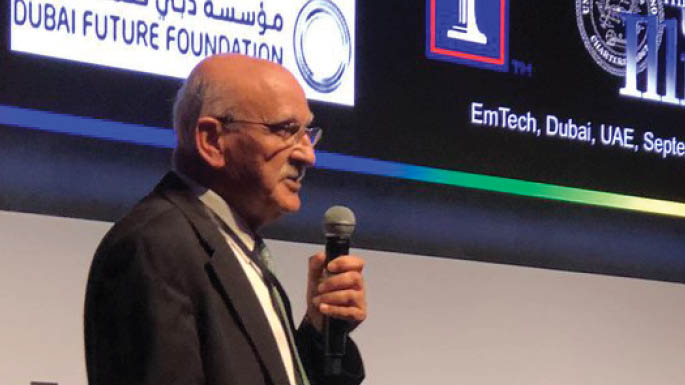
Born in a small village in Palestine, Munir Nayfeh is a particle physicist renowned for pioneering work in nanotechnology. 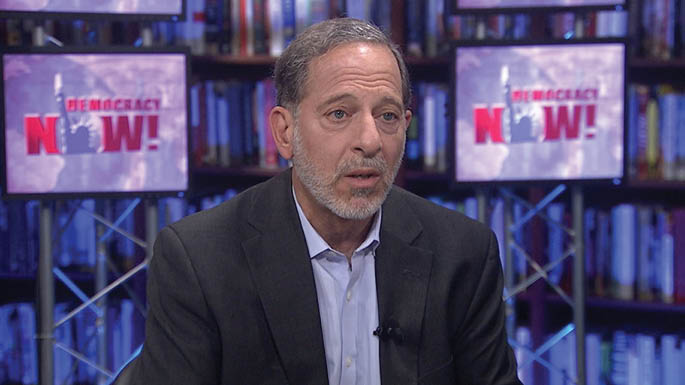
A graduate of Yale and Oxford universities, Rashid Khalidi is a Middle East historian and professor at Columbia University. 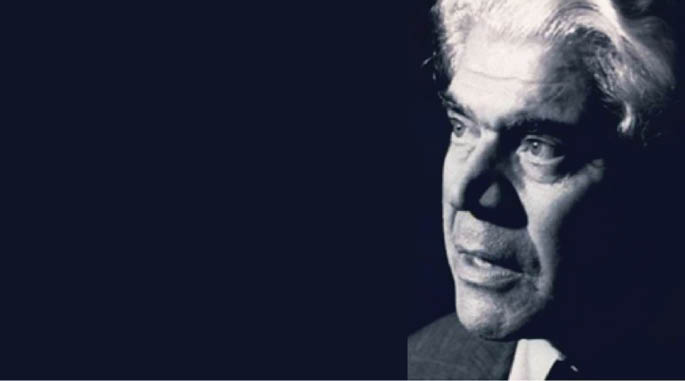
Political scientist Ibrahim Abu-Lughod was characterized by Edward Said as “Palestine’s foremost academic and intellectual.” 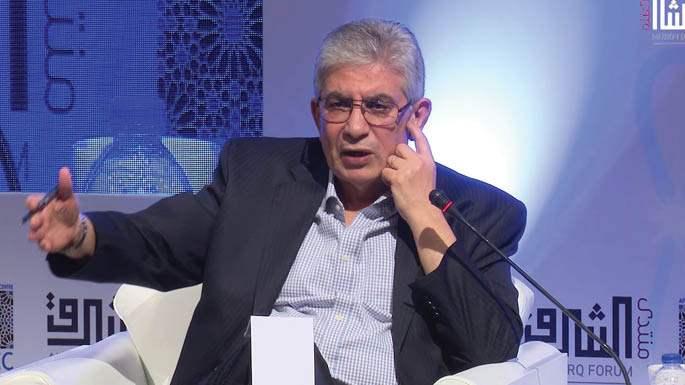
Basheer Nafi is a Palestinian-born historian living in the UK. Holding a PhD from King’s College, University of London, he is a senior research fellow at Al Jazeera Centre for Studies.
To this end, a new initiative titled Palestine Young Academy (PYA) will be established under the umbrella of PAST. This initiative is the result of long discussions and great efforts among young Palestinian scientists and scholars who are in their early careers and from different parts of the world. The aim of PYA is to be the voice of young Palestinian scientists from around the globe who are interested in engaging in scientific and policy debate. As an independent, non-partisan body, this initiative, will focus its activities on five pillars, namely internationalization, connectedness, evidence-based work, excellence, and transdisciplinarity.
One of PAST’s goals with PYA is to strengthen relations between young academics and Palestinian decision-makers – enabling academics to affect policies – and between academics and their communities. The academy furthermore aims to enhance the capabilities of young Palestinian researchers in occupied Palestine and historic Palestine, assist in the mobilization of resources, and help develop solutions to important challenges facing Palestinians at the national and international levels.
Members of the initiative will be young and prominent researchers (up to the age of 40 years when selected) from all over the world who have an interest in developing natural and social sciences in Palestine and among Palestinians at home and abroad. The members of the academy must have distinguished scientific positions in their academic institutions and possess multidisciplinary academic knowledge. They will be selected members for a period of five years, based on research excellence and social and academic engagement. PYA will have 30 members only.
With PYA, PAST aims to achieve a proper representation of the Palestinian scientific community at home and abroad, away from internal political divisions, and to forge strong connections among the Palestinian academic community across various fields.
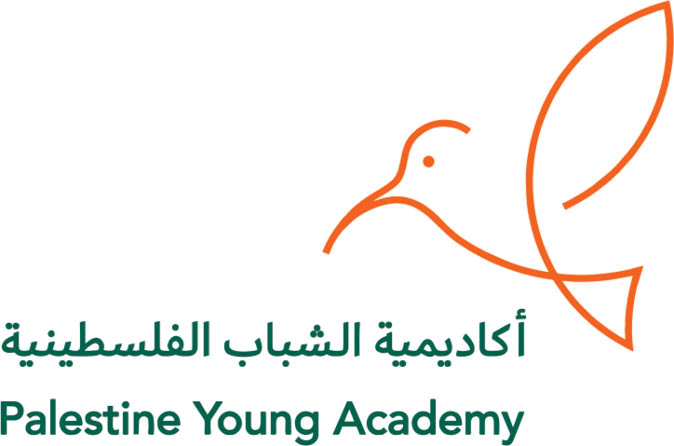
This body aims to be the seed of larger initiatives that shall connect Palestinian scientists at a broader level and on a larger scale, playing a part in intensifying and preserving the Palestinian identity. Therefore, PYA will serve Palestine and Palestinians on the scientific, political, and educational levels.
*1 BADIL, Survey of Palestinian Refugees and Internally Displaced Persons, 2013 – 2015, Volume VIII, Bethlehem: BADIL Resource Center for Palestinian Residency & Refugee Rights, 2015.
*2 Helena Lindholm, “Emotional identity and pragmatic citizenship: being Palestinian in Sweden,” Journal of Diaspora Studies 13(2020), December 2019, available at https://doi.org/10.1080/09739572.2019.1708155.
*3 “NASA scientist wears Palestinian embroidery in official photo,” Middle East Monitor, October 21, 2019, available at https://www.middleeastmonitor.com/20191021-nasa-scientist-wears-palestinian-embroidery-in-official-photo/
*4 Munir H. Nayfeh, Grainger College of Engineering, University of Illinois at Urbana-Champaign, available at https://physics.illinois.edu/people/directory/profile/m-nayfeh
*5 For more information, please visit the academy’s website at http://palast.ps/

